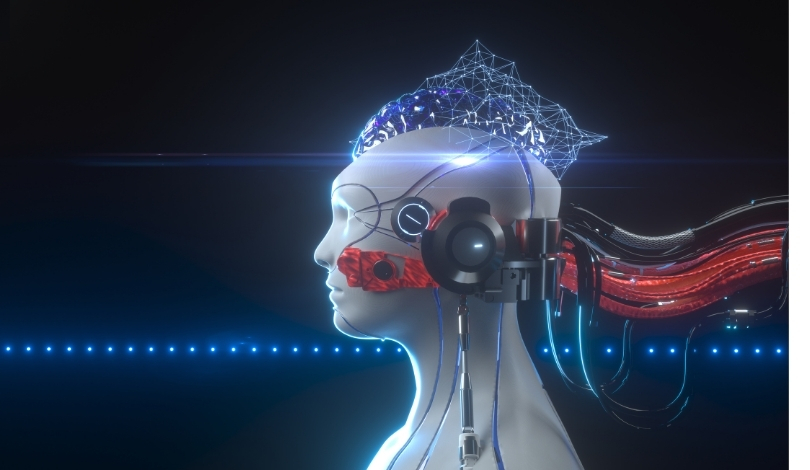As artificial intelligence continues to integrate into various sectors, experts anticipate significant developments by 2025. Innovations are expected to enhance efficiency, customization, and sustainability across industries, while addressing ethical and operational challenges. This evolving landscape promises nuanced applications tailored to specific needs, transforming how businesses and individuals interact with technology.
The trajectory of AI’s growth involves transitioning from large-scale models to more specialized and modular systems. This shift aims to optimize performance and applicability, ensuring that AI solutions are both effective and relevant to distinct operational requirements.
What Drives the Shift to Smaller AI Models?
“2025 will be the year when we stop using the number of parameters that models have as a metric to indicate the value of a model,”
said Grant Shipley, Senior Director of AI at Red Hat. The focus is moving towards developing AI that caters to specific applications, enabling more efficient and customized solutions. By chaining smaller models, developers can create tailored functionalities akin to microservices in software development.
How Will Open-Source AI Influence the Market?
“Despite mounting pressure, many enterprises are still struggling to show measurable returns on their AI investments—and the high licensing fees of proprietary models is a major factor. In 2025, open-source AI solutions will emerge as a dominant force in closing this gap,”
explained Bill Higgins, VP of watsonx Platform Engineering and Open Innovation at IBM. Open-source models offer affordability, transparency, and customization, making them attractive for multi-cloud environments and scalable enterprise applications.
In What Ways Will AI Augment Human Expertise?
Jonathan Siddharth, CEO of Turing, emphasized that AI in 2025 will excel at learning from human expertise at scale. This integration allows AI to approach problems with logical reasoning, enhancing competitiveness in sectors like finance and healthcare by combining human insight with machine efficiency.
Comparing past advancements, the focus now is on strategic AI investments that deliver clear, measurable returns. Organizations emphasize cost efficiency and edge data management to optimize operations without exceeding budgets, reflecting a more calculated approach to AI adoption.
Looking ahead, AI’s role is set to expand into everyday life and work environments. Mobile devices and wearables will leverage AI to provide seamless and intuitive experiences, while addressing concerns about data privacy and the balance between personal and workplace information.
Sustainability goals are also becoming intertwined with AI development. Companies are urged to utilize AI for managing energy consumption and optimizing data center operations, contributing to broader environmental objectives. Additionally, advancements in computational power and real-time reasoning are expected to enhance AI’s capability to handle complex tasks efficiently.
The rise of agentic AI and unified data foundations will require robust data integration to ensure reliability and effectiveness. As AI systems become more flexible and creative, maintaining data hygiene and integrity will be crucial for their successful implementation.
Emerging concerns about deepfakes and the authenticity of digital content highlight the need for robust verification methods. Ensuring trust in AI-generated information will be essential to mitigate the risks associated with increasingly sophisticated generative technologies.
By 2025, foundational shifts in AI are anticipated to lead to smarter applications, stronger human-AI integration, and enhanced alignment with sustainability and security goals. This transition marks a move towards mature AI adoption, emphasizing value and a deeper understanding of its societal impact.
The continued evolution of AI promises to offer practical solutions that enhance both business operations and individual experiences. As industries adapt to these advancements, the integration of AI will likely result in more efficient, transparent, and sustainable practices.
AI’s progression by 2025 will be characterized by targeted innovations that address specific needs, fostering an environment where technology and human expertise collaboratively drive progress. This balanced approach ensures that AI advancements are both meaningful and impactful across various domains.










